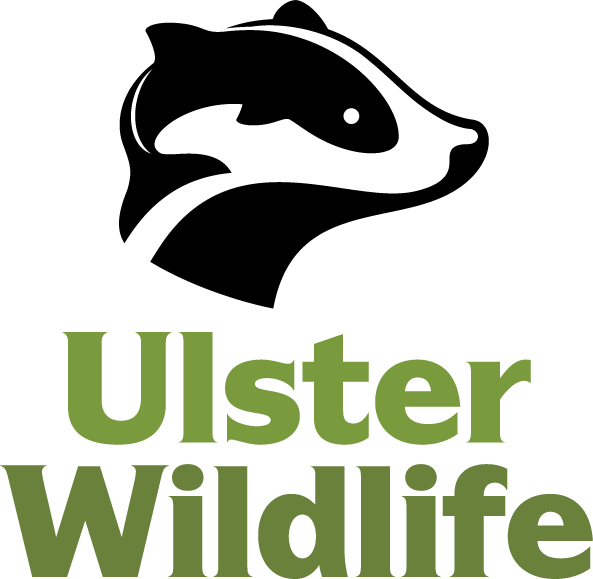Sign our e-action & speak up for wildlife today
You’ll have been hard-pressed to miss all the media coverage and campaigning on the climate crisis over the last year with Extinction Rebellion protests and Greta Thunberg’s School Climate Strikes rightly gaining global recognition. But alongside the climate crisis, we are also facing a global ecological crisis. A UN report published in May 2019 spelt out that “nature is declining globally at rates unprecedented in human history – and the rate of species extinction is accelerating, with grave impacts on people around the world now likely.”
Sadly, at home, this is no different with currently one in five of our native species facing extinction in Northern Ireland. Most original habitats have gone, natural ecosystems are fragmented and many of our environmental indicators which had improved over the last decade are starting to go in the wrong direction. The ‘State of Nature 2016’ showed that the UK is one of the most nature depleted countries in the world and that Northern Ireland is the most nature-depleted part of the UK. The 2019 Report shows no let-up in loss of wildlife.
But it’s not all doom and gloom. We can turn things around before it’s too late - nature is capable of extraordinary recovery if we have the collective will to act now. It seems our Government is finally treating these threats with the seriousness they deserve and accepting that we need radical change if we are to avoid future catastrophe.
Ambitious NI Environment Strategy offers opportunity for change
The Department of Agriculture, Environment and Rural Affairs is producing Northern Ireland’s first long-term Environment Strategy. The plan will address climate action, waste, air and water pollution, and nature’s recovery on land and at sea. The intention is for the plan to be endorsed by the whole NI Executive (once we have one back up and running) and will include commitments across all government departments.
This strategy could be a once in a generation opportunity to bring about the transformative change that we need. However, this will only happen if we end up with an ambitious Environment Strategy for Northern Ireland with measurable, binding, time-bound targets for safeguarding our natural life-support systems: a plan that reflects the true value of nature to our well-being and the urgency of the transformative change required right across society.
So, we need to do things differently, business, as usual, will not be good enough. Our land is in demand. There is huge pressure for housing, food production and infrastructure with almost all our land now managed and modified in some way, leading to unimaginable loss of wildlife and habitat.
We need a Nature Recovery Network established in law
At Ulster Wildlife, one of the new approaches we want to see adopted as part of the Environment Strategy for Northern Ireland is the development and delivery of a ‘Nature Recovery Network’ across the Province. This is a nationwide map for nature - a spatial plan that identifies and creates the corridors and areas of habitat wildlife needs to move in order to recover and in response to climate change. It will connect wild places and bring wildlife into our lives.
We think this is exactly what is necessary to make more habitat to combat the ongoing loss of wildlife. We know that in order to make enough space for nature to allow it to recover from huge losses over the past 50 years, we need to create more places for wildlife to live, over bigger areas, to manage these better and to join them up.
A legally-binding network for nature would mean that wildlife is prioritised when managing our land and planning our towns and villages. Local Nature Recovery Maps would inform future planning and environmental subsidies for farmers, turning nature’s recovery from an aspiration to a reality.
We know that in order to make enough space for nature to allow it to recover from huge losses over the past 50 years, we need to create more places for wildlife to live, over bigger areas, to manage these better and to join them up.

